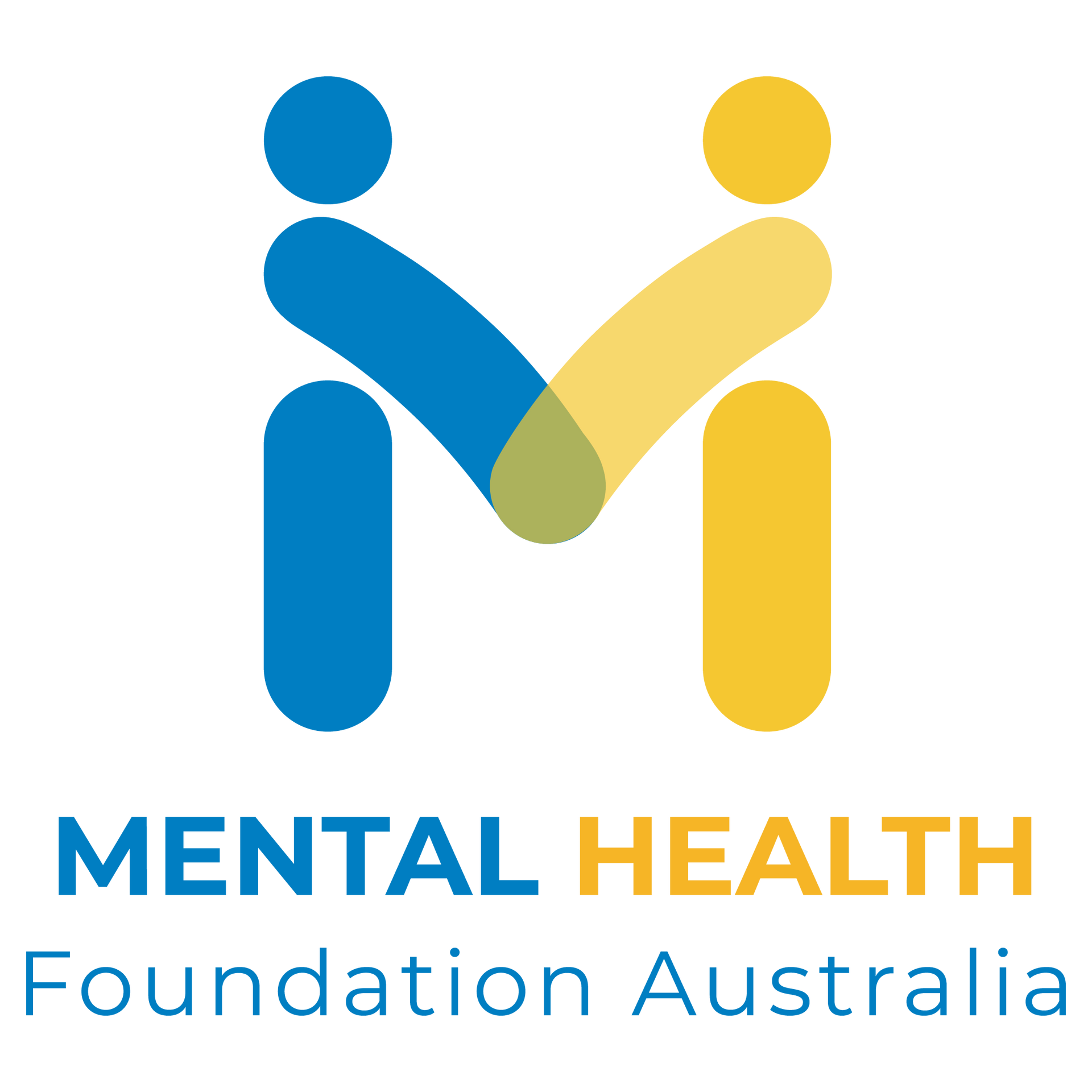Get in touch with us: (03) 8825 3500 / 1300 643 287
What is posttraumatic stress disorder (PTSD), and how can you recover?
Jun 19, 2023
Dr Ros Lethbridge, Senior Clinical Specialist, Phoenix Australia – Center for Posttraumatic Mental Health, University of Melbourne
This article discusses how people can develop posttraumatic stress disorder (PTSD), its signs and symptoms, and effective treatments.
What is trauma?
Any event that involves exposure to actual or threatened death, serious injury, or violence has the potential to be traumatic. Traumatic events are common, and most people will go through at least one traumatic event in their lives. Such events can include natural disaster, war, a serious accident, physical or sexual assault. In Australia, the most common traumatic events are:
- having someone close to you die unexpectedly
- seeing someone badly injured or killed, or unexpectedly seeing a dead body
- being in a life threatening car accident
In the first days and weeks after a traumatic event, people often experience strong feelings of fear, sadness, guilt, anger, or grief. Generally, these feelings will resolve on their own, and with the support of family and friends, the person recovers. However, if the distress continues, it may mean that the person has developed PTSD or another mental health condition.
What is PTSD?
Posttraumatic stress disorder (PTSD) is a set of reactions that can develop after someone has been through a traumatic event.
A person with PTSD has four main types of difficulties:
- Re-living the traumatic event – through unwanted memories, vivid nightmares, flashbacks, or intense reactions such as heart palpitations or panic when reminded of the event.
- Feeling wound up – having trouble sleeping or concentrating, feeling angry or irritable, taking risks, becoming easily startled, or constantly being on the look-out for danger.
- Avoiding reminders of the event – activities, places, people, thoughts or feelings that bring back memories of the trauma.
- Negative thoughts and feelings – feeling afraid, angry, guilty, flat, or numb a lot of the time, losing interest in day-to-day activities, feeling cut off from friends and family.
Between 5 and 10 percent of Australians will experience PTSD at some point in their lives. It is not unusual for people with PTSD to experience other mental health problems like depression or anxiety. Some people may develop a habit of using alcohol or drugs as a way of coping.
What treatments are available?
If you are still experiencing problems two weeks after a traumatic event, it is worth talking to your GP or a mental health professional to assess how you are going and to see if treatment would be helpful. Effective treatments for posttraumatic stress disorder (PTSD) are available, and include counselling, medication, or a combination of both. These treatments can work even if your traumatic experience was a long time ago.
The Australian Guidelines for the Prevention and Treatment of Acute Stress Disorder, PTSD and Complex PTSD
provide evidence-based recommendations that promote recovery following trauma, as well as effective treatment options for people who develop PTSD and other posttraumatic mental health conditions. A helpful summary of the recommended psychological treatments that have found to be effective to treat people with PTSD can be found here.
Other useful resources
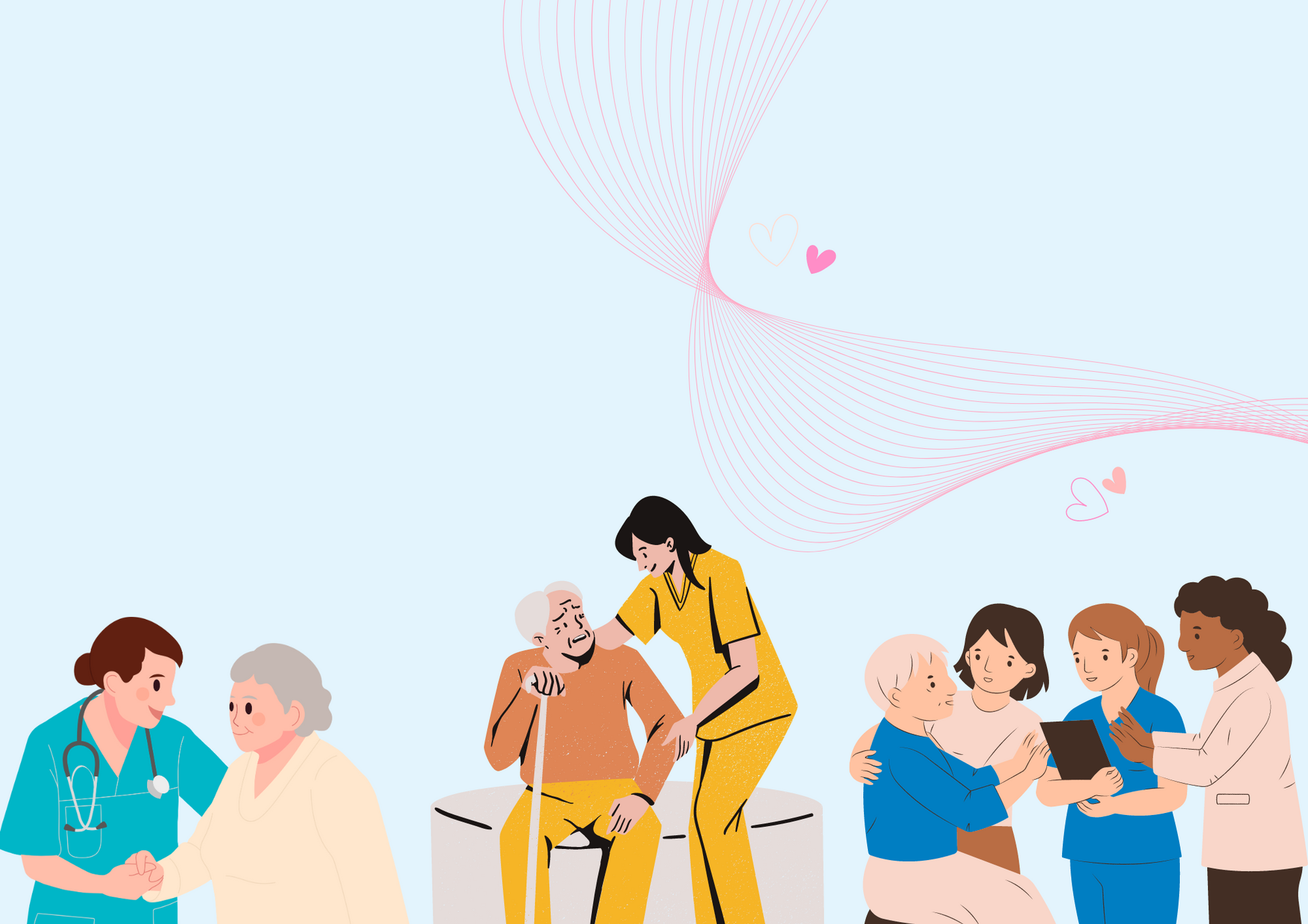
By Nithya Viswanathan
•
10 May, 2024
After her friend died, Vicki says she continued to ‘jump into action’ every time someone close to her needed help. That’s when she confessed to compassion fatigue. She felt “weighed down, tired and sad”, she said after taking care of so many loved ones.” “Finally, she rightfully asked herself, “How much more could I do without getting even more tired and sad?”.
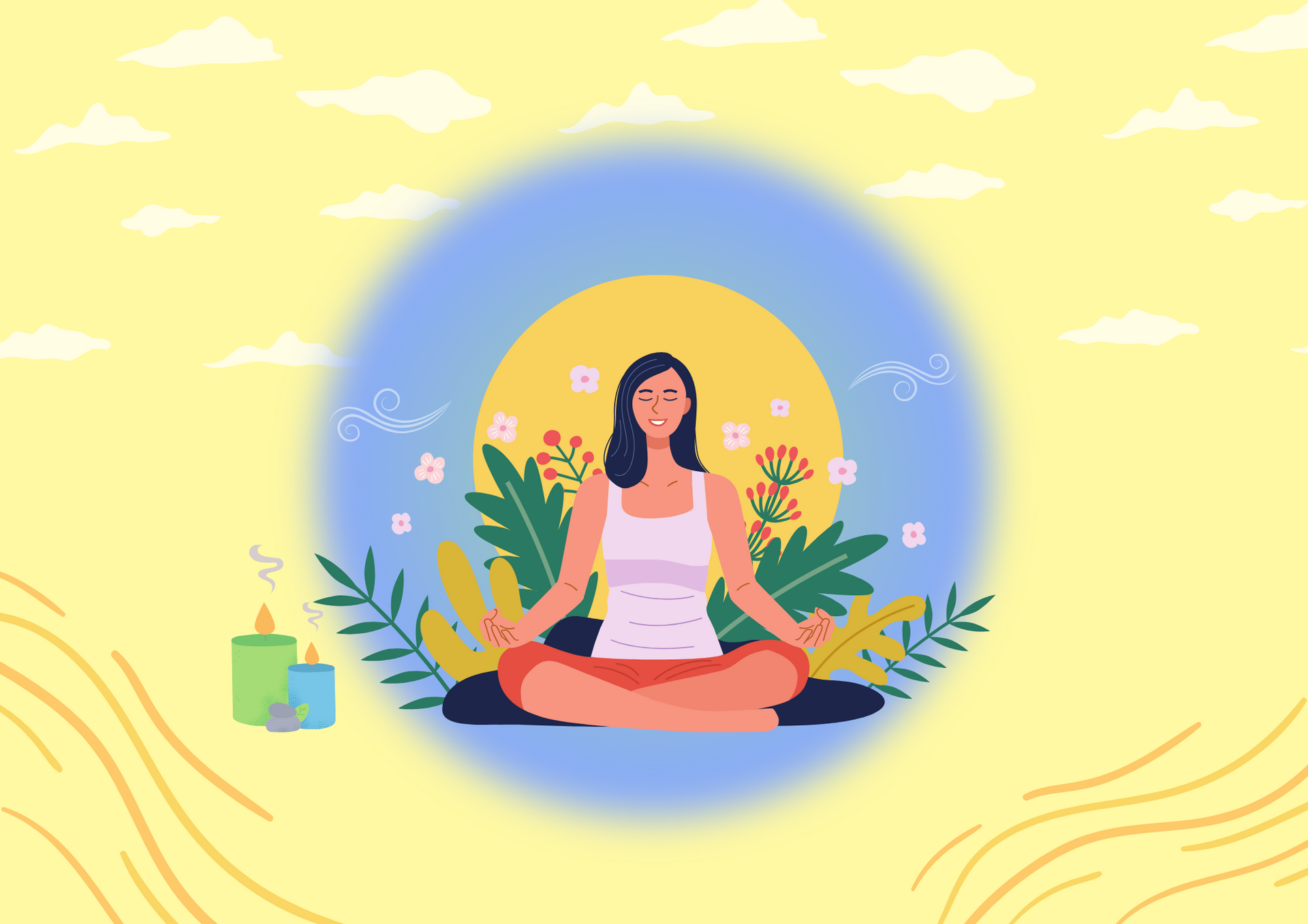
07 Apr, 2024
The mind-body connection is the interconnection between your mental and physical well-being. It is a two-way relationship where the mind influences the body; the body influences the mind. For example, we were all told how physical exercise reduces symptoms of depression and anxiety. The reason behind that is that the brain releases chemicals (endorphins and serotonin) known to improve the mood and reduce stress.
By strengthening the connection between the mind and body through a holistic perspective, you can start prioritising your health.
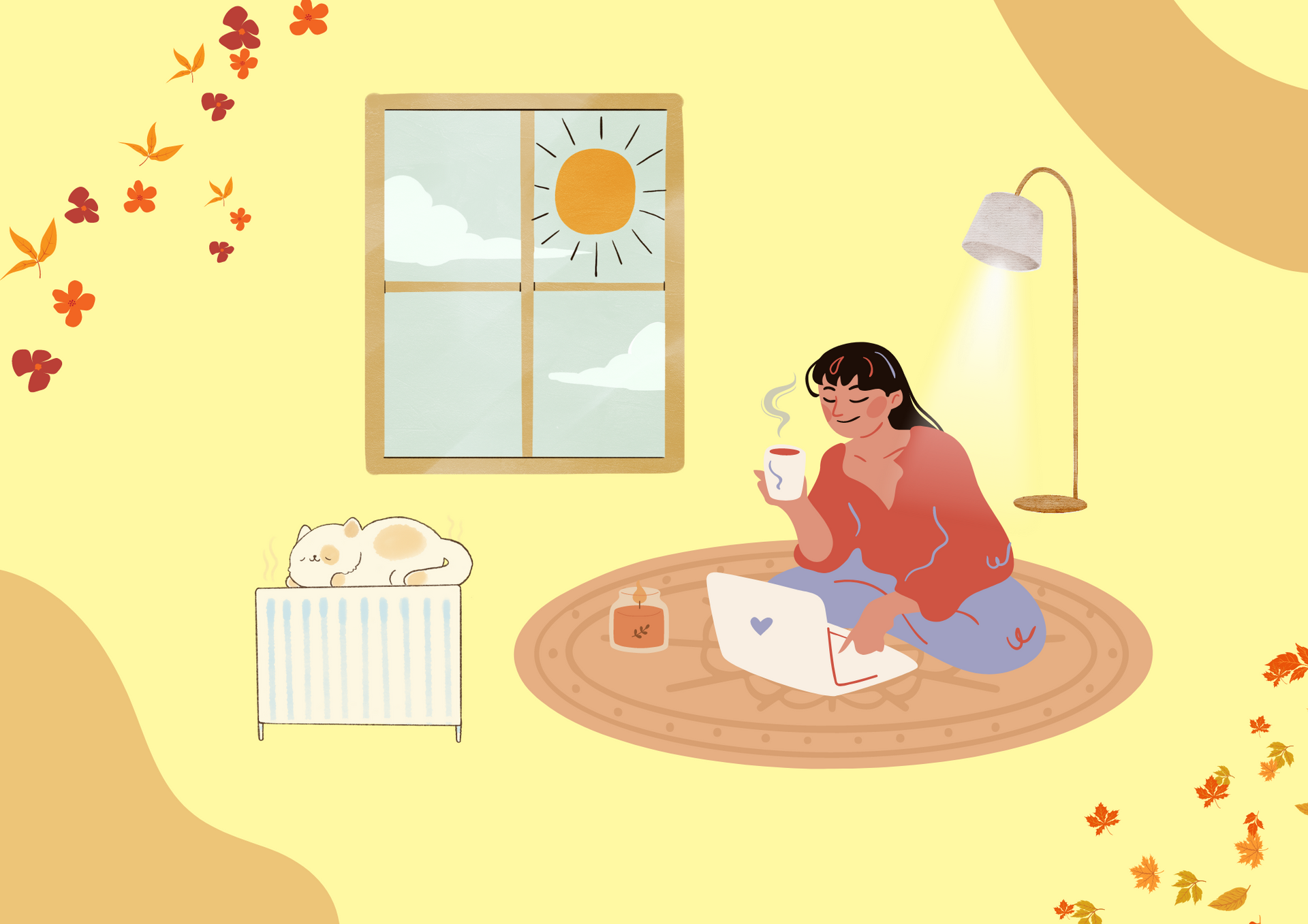
29 Mar, 2024
When the days become shorter and the nights longer and you find yourself sleeping more than usual but still feeling the tiredness in your body; the lack of energy to carry out your usual activities. It all comes down to Seasonal Affective Disorder (most commonly known as SAD). 35% of Australians experience depression during the winter months. Compared to other mental health disorders, SAD is harder to diagnose. It might take you two years of experiencing the same symptoms during a specific season before you get diagnosed with Seasonal Affective Disorder. But what causes SAD? SAD is thought to be caused by shorter days and less daylight shifting the body’s circadian rhythm (it’s body clock), which may trigger chemical change, with the body releasing less hormones such as melatonin (a sleep hormone) and serotonin (a mood hormone), which affects our sleep and mood. How does SAD affect you? SAD symptoms are often characterised by a recurrent seasonal pattern. The symptoms can last about 4-5 months, often starting as mild, and then gradually worsening as the season progresses. But alongside the end of winter, the symptoms come to an end and individuals become completely well again. Losing interest in normal activities Triggering bad eating habits Finding it hard to wake up in the morning. Sleeping too much Feeling tired all the time Lack of energy Some self-care activities include but are not limited to: Going outside Regular exercise Sleep hygiene and sleep patterns Making the environment brighter Talk to trusted ones/ maintain adequate social interactions Take up new hobbies In case the symptoms persist, consider reaching out to these helpful resources: Call 000 See your GP A mental health team and/or psychologist (e.g. at a community health centre) Mental Health Foundation Australia: 1300 643 287 | admin@mhfa.org.au Lifeline Tel: 13 11 14 Kids Helpline Tel: 1800 55 1800 SuicideLine Tel: 1300 651 251 Australian Psychological Society – Find a psychologist service Tel: 1800 333 497 (outside Melbourne) or (03) 8662 3300 (in Melbourne) By Julia Tsang, Natalie Filimon, Brendan Chau
About
Programs
Get Involved
News

The Mental Health Foundation Australia acknowledges the traditional owners of country throughout Australia and their continuing connection to land, sea and community. We pay our respects to them and their cultures and to their elders both past and present.
© 2024
All Rights Reserved | Mental Health Foundation Australia | Registered PBI with ACNC. Charity ABN 81 006 003 363
